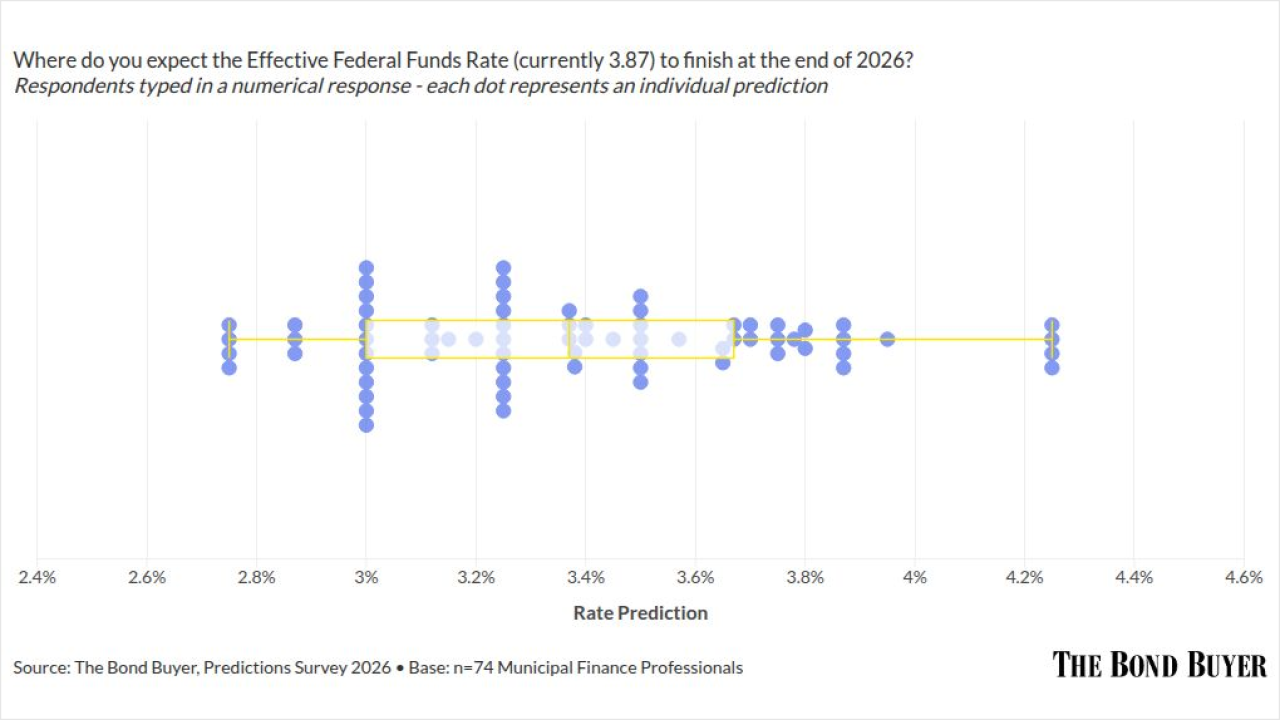The ongoing efforts in Congress to tweak the state and local tax deduction limit added a new chapter as Sen. Susan Collins, R-Maine, re-introduced the
Currently the amount of state and local taxes that can be deducted by single or married federal income tax filers is capped at $10,000. Married people who file their taxes separately are limited to $5,000 each. Issuers dislike the low SALT cap because they feel it infringes on their own taxing sovereignty.
"We should not create a situation where married couples would have been better off financially were they not married," said Collins in a statement.

As the SALT issue attracts attention in the Senate, Bill Glasgall, senior director for public finance at the Volcker Alliance, thinks any real action will happen in the lower chamber and chances of movement are slim.
"I think there's a long way to go," he said. "This is a tax bill, so we'd have to start in the House. You also have a measure the Republicans have introduced to make the SALT cap permanent."
Some Congressional Republicans would like to see the cap removed. Embattled Congressman
In early February the bipartisan
The SALT cap has been a bipartisan bone of contention since it was passed into law as part of the 2017 Tax Cuts and Jobs Act. The cap was designed to force more affluent taxpayers to pay more, but critics claim it's unfairly weighted against higher-tax states including Maine.
"Other than the lawmakers scattered around the country representing high-tax jurisdictions, this isn't a top fiscal priority at the moment," said John Buhl, senior communications manager at the Urban Institute. "Last year there was at least a chance a change in the SALT cap could get attached to a larger tax package, via Build Back Better. SALT deduction supporters would need to find a new vehicle, account for the impact to deficits, while somehow passing a divided Congress with narrow majorities."
After the 2017 legislation setting the cap was passed many states invented IRS-approved workarounds that allow small businesses to reimburse SALT impacted individuals through tax deductions or credits.
"Repealing the SALT cap would reverse the current double standard where businesses and landlords may deduct their state and local taxes, but individuals who achieve the American dream of homeownership are capped and held to a different standard," said Mark Ritacco, the National Association of Counties' chief government affairs officer.
Glasgall also points out that despite the SALT-induced consternation, the economies of high tax state have not collapsed, and the law's endgame is still two years out when the provision is due to sunset.
"I think the real debate will come closer to the expiration of the bill in 2025 when the brackets go back," he said. "Then we'll see who controls Congress and that'll determine the fate of this bill."





